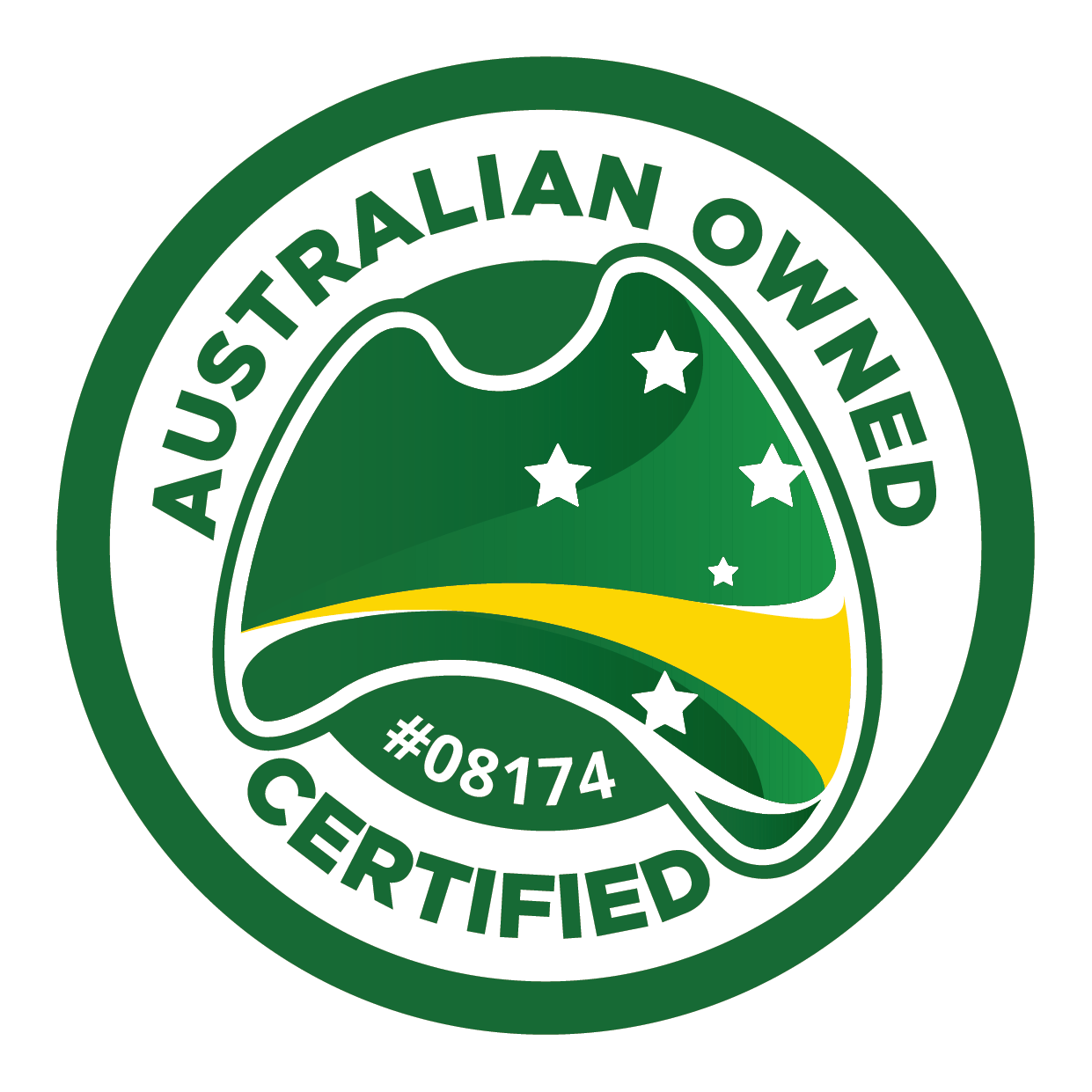Your trainer and assessor files (Part 3 of 5)

In the last newsletter we discussed the following:
- The definition of vocational competency
- ASQA Guidelines on “vocational competence”
- The three C’s of Vocational competency related to demonstrating skills and knowledge in an “industry area”
- Skills and knowledge in an “industry area”
In this part of the series, we will discuss industry currency, vocational education and training currency, licensing requirements and professional development requirements.
Your trainers and assessors must maintain industry currency to work as trainers and assessors in the vocational education and training sector.
The definition of industry currency
Industry currency and professional knowledge refers to the competence of an individual to perform their job role. The knowledge required in an occupation does not remain static, so employees need to continuously update their skills. As vocational education and training (VET) practitioners train the individuals entering these occupations, it is important for them to ensure that their industry knowledge and skills are current.
A clear and verified relationship between the trainer’s and assessor’s current industry skills and knowledge and the qualifications/units they deliver and assess must be established. This is to ensure the trainer and assessor has “current” knowledge and skills in terms of emerging technological innovations, regulatory and legislative changes and shifts in client demands. The industry usually does not use the term “Industry currency”. For them it is either “professional competence” to encompass the concepts of currency, updating and upskilling or “industry relevance”, defining it as a solid grounding in the industry gained from being trained and employed in the industry.
ASQA Guidelines on “industry currency”:
To provide training that reflects current industry practice and valid assessment, your RTO’s trainers and assessors must maintain the currency of their skills and knowledge in both:
- their industry area and,
- vocational education and training.
It is also acceptable for an appropriately qualified trainer and assessor to work with an industry expert to conduct assessment together.
How to stay up-to-date in terms of “industry currency”
In many situations, trainers and assessors may be working in the industry sector and this can be used as evidence for industry currency. Where this is not the case, currency needs to be established through different mediums such as:
- Attending trade events, workshops, conferences, technical seminars and other industrial events
- Reading industry magazines and journals (subscription and notes taken)
- Undertaking online research (and have documented logs of these activities)
- Engaging in industry networks
- Participating in LinkedIn groups
- Product manufacturer/vendor training
Factors that influence “Industry currency”
- Technology innovation
- Changing legislation and regulatory requirements
- Changes to industry practice
- New and emerging skills and specialisations as work practices change
- Technical skills being outdated through periods of non-use
What is “industry current or currency period”
Each RTO has to consider the relevant factors, ideally in consultation with industry, to determine an appropriate currency period. A lot will depend on how static the industry is or how fast it is developing and changing. In general anything that is 2 years old, or more will not be considered current.
The definition of vocational education and training currency
VET currency refers to the competence of an individual to work in the vocational education and training sector.
Current VET trainers/assessors must:
- Develop knowledge and practice of vocational training and assessment, including competency based training and assessment competencies through continual professional development.
- Undertake professional development that contributes to the demonstration of vocational training and learning requirements
How to stay up-to-date in terms of “VET currency”
- Subscribing to VET and RTO newsletters and magazines. Make sure you keep a PD log of what you read, where you read it, what you learned and how you implemented the learning.
- Participation in VET forums and discussions such as LinkedIn.
- Participation in VET seminars, conferences and workshops (particularly the ones delivered by the regulatory bodies)
- Enrolling in PD courses and workshops for RTO staff
- Participation in resource writing and validation
Licensing requirements for trainers and assessors
If licensing requirements vary from the training package requirements, RTOs must ensure that all aspects of the training package are met. License requirements should be considered in addition to the requirements for the training package. For example, a white card is a mandatory work card required in Australia to be able to train and assess students working on a construction site.
Stay tuned for more… in our coming newsletters we will cover the following topics:
- Part 4: How to complete a compliant trainer matrix and trainer files checklists
- Part 5: Common errors and non-compliance identified in the trainer and assessor files.
- Special edition on frequently asked questions and answers on trainer files.












